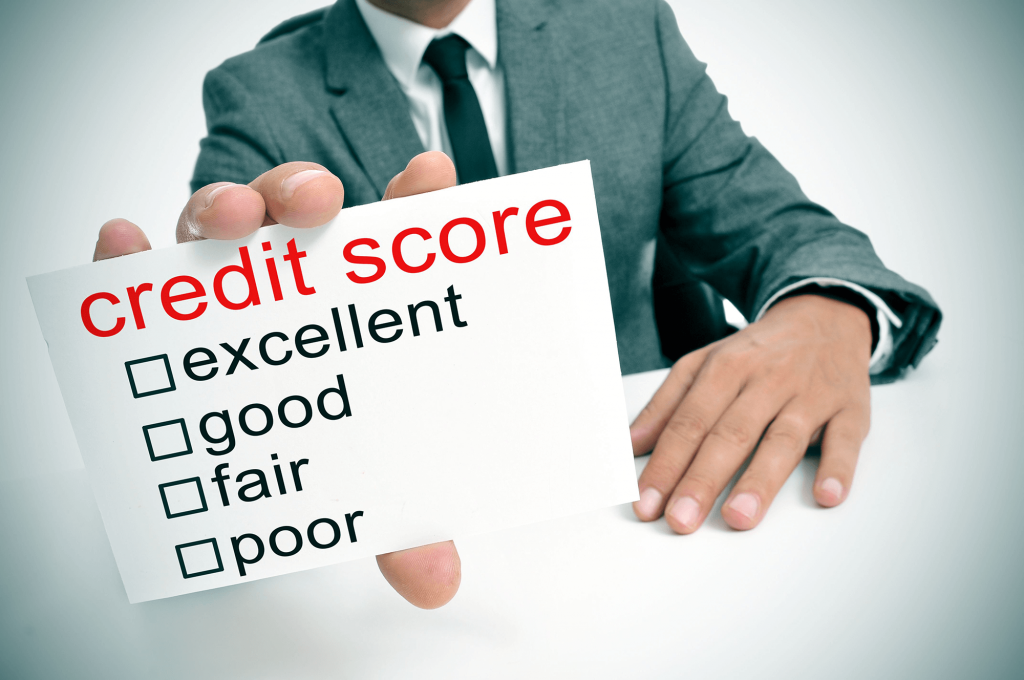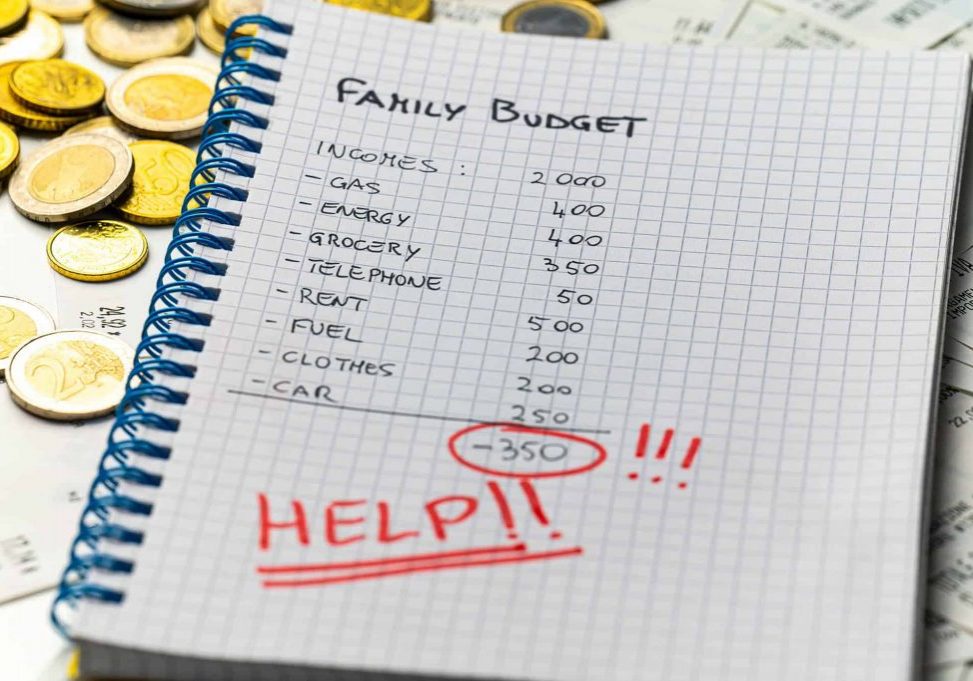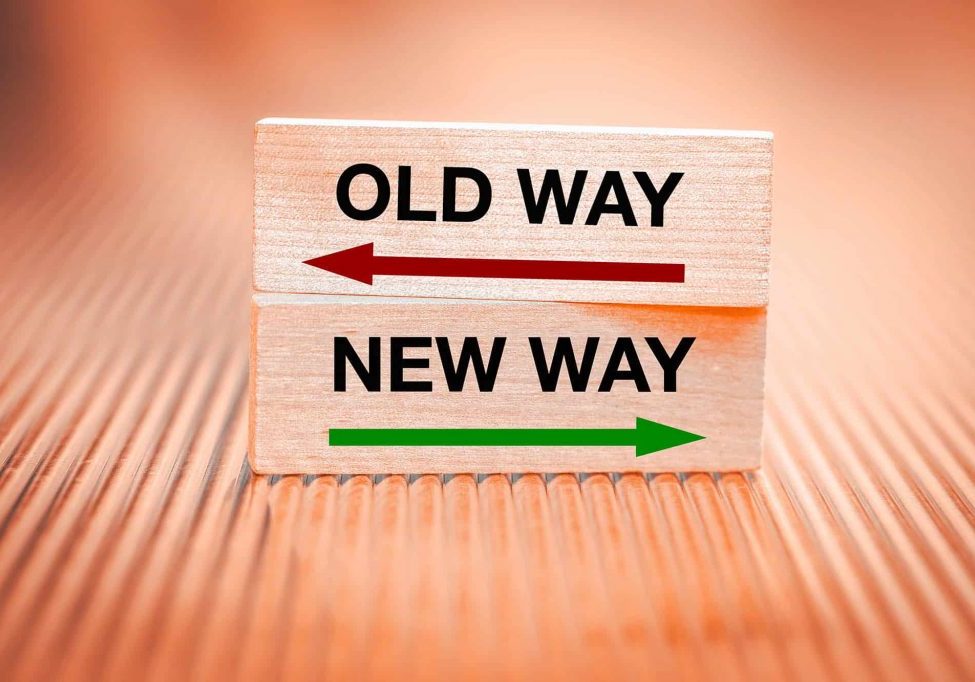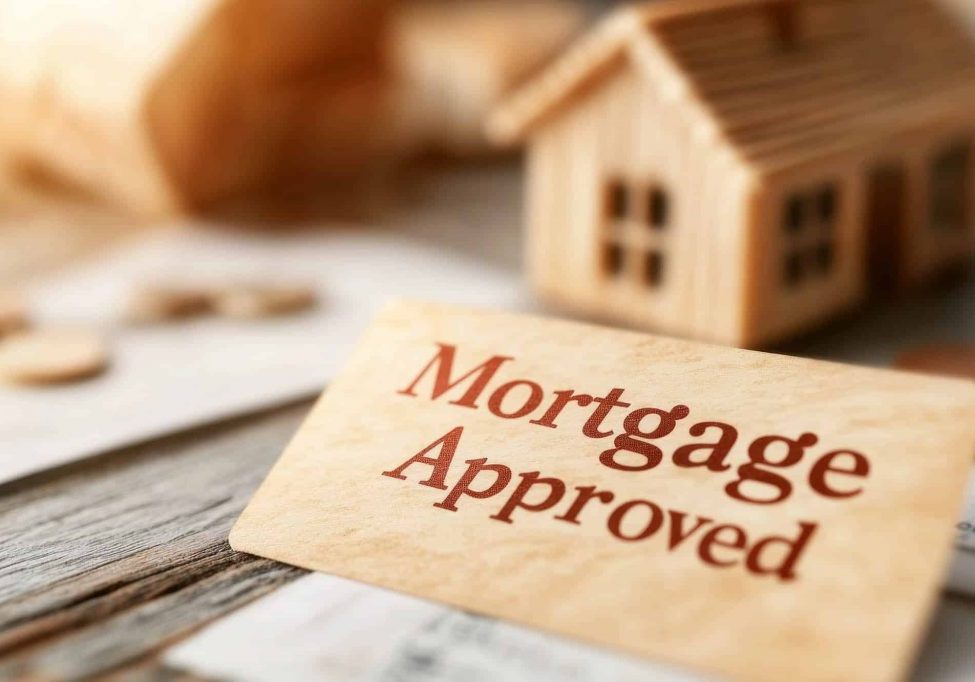
Use this guide to discover what will happen to your credit rating when you start an IVA.
Find out how long it will take before you are able to borrow again. Learn how to repair your credit score with our top tips after your IVA is complete.
Contents
What happens to your credit rating when you start IVA?
When you start an IVA, a record of the Arrangement goes on to your credit file. This makes your credit rating significantly worse. As a result, most lenders will refuse to give you credit.
The record will remain on your credit file for 6 years from the start date. This is regardless of how long the Arrangement itself lasts. So if you cancel or settle your IVA early, the record still hangs around on your credit file for the full 6 years.
3 months after the 6th year anniversary of your IVA, the record automatically comes off your file. Your credit rating should then return to normal.
A standard monthly payment IVA lasts 5 years (or less if settled early). However the record will remain on your credit file and continue affecting your credit rating for the full 6 years.
Can you use any type of credit during an IVA?
Even though your credit rating is poor, there are still some forms of credit you can continue using during your IVA.
Using mobile phone and utility contracts during an IVA
Your poor credit rating will not stop you using your mobile phone contract.
You will be able to carry on paying the contract and using your phone as normal during your IVA. This includes both the phone and the calls and data element even if the bills are split.
You can also keep any pay monthly contracts you have with utilities companies to pay for your gas and electricity.
Car finance during an IVA
If you have a vehicle on finance you will normally be allowed to continue with the agreement after starting an IVA.
However, your poor credit rating will mean you are likely to struggle to get a new car on finance with the same provider when your original agreement ends,.
There are normally options to take new car finance during your IVA. But these will be with a different, more expensive lender.
Some car finance companies may not allow you to keep paying for your vehicle if you start an IVA. It is always best to check with your finance company first that they will not have a problem.
Using a credit card during an IVA
If you have an active credit card with a zero balance, it will not be included in your IVA. This is because it is not a debt. The facility will usually remain open which means you could use the card. The card issuer will not re-check your credit rating.
If you decide to do this, you must be careful to pay off any balance in full at the end of each month.
It is not advisable to use a credit card and borrow additional money during your IVA. If you get into debt and are unable to repay the balance, you could put your whole IVA at risk of failure.
How to repair your credit rating after an IVA
After you have completed your IVA, you can start to repair your credit rating straight away.
There are a number of things you can do to help this process:
Check the date of any default notices or CCJs on your credit file
It is common for for creditors to issue default notices or CCJs after the start date of your IVA. These then remain on your file for 6 years.
If these records were issued after your IVA start date, then unless they are dealt with they will extend the period during which they negatively affect your credit rating.
Check whether your credit accounts are marked as active
The creditors should mark these as satisfied or partially satisfied once your IVA is completed.
If you identify an issue, it is relatively easy to resolve. You can contact the relevant creditor and ask them to change the status of the account to satisfied with an issue date to no later than the start date of your IVA. They must comply as they are required to do so under the Data Protection Act.
Use a credit repair credit card
These cards are available for people with poor credit ratings. You can usually apply for one as soon as you have finished your IVA. They are available from a number of providers including Capital One, Aqua, and Vanquis.
Use the card for small purchases such as shopping and petrol. This will build up a history of responsible credit usage on your credit file and start to improve your credit rating.
Ensure you pay off the balance in full at the end of each month to avoid getting into debt and paying any interest.
When will your credit rating be good enough to get a mortgage?
It is possible to get a mortgage after an IVA. You may already be a home owner and want to get a better mortgage deal or move house. Alternatively you may want to buy your first property.
Ideally, you should wait to apply for any mortgage until after the record of your IVA has been removed from your credit file (i.e. after 6 years). Your credit rating will have significantly improved and some of the best deals will become available to you.
You may be able to get mortgage before the record has come off your credit file. However, the cost in terms of interest rates will be much higher because your credit rating will still be relatively poor.
If your current mortgage deal comes to an end during your IVA, you should speak to your current lender about moving onto another deal with them. It is very unlikely that you will be able to switch to a different lender due to your poor credit rating.
If you are interested in getting a mortgage either during or after your IVA, you are advised to speak to a specialist broker. Get in touch and we will put you in contact with a broker who can help.
![]() Written by James Falla
Written by James Falla
Share this post

Completely FREE advice

Confidential conversations

Expert help always at hand
What we can do

Start an IVA
- In depth advice and guidance
- Comprehensive income and expenses review
- Support through the process

Self Employed IVA
- Business revenue and expenses forecast
- Personal income and expenses review
- Support through the process

Cancel IVA and go Bankrupt
- Help with cancelling IVA
- Support with bankruptcy application
- Ongoing 12 month assistance

Mortgage after an IVA
- Guidance and information
- Planning for a mortgage
- Advice on timing and deposit






